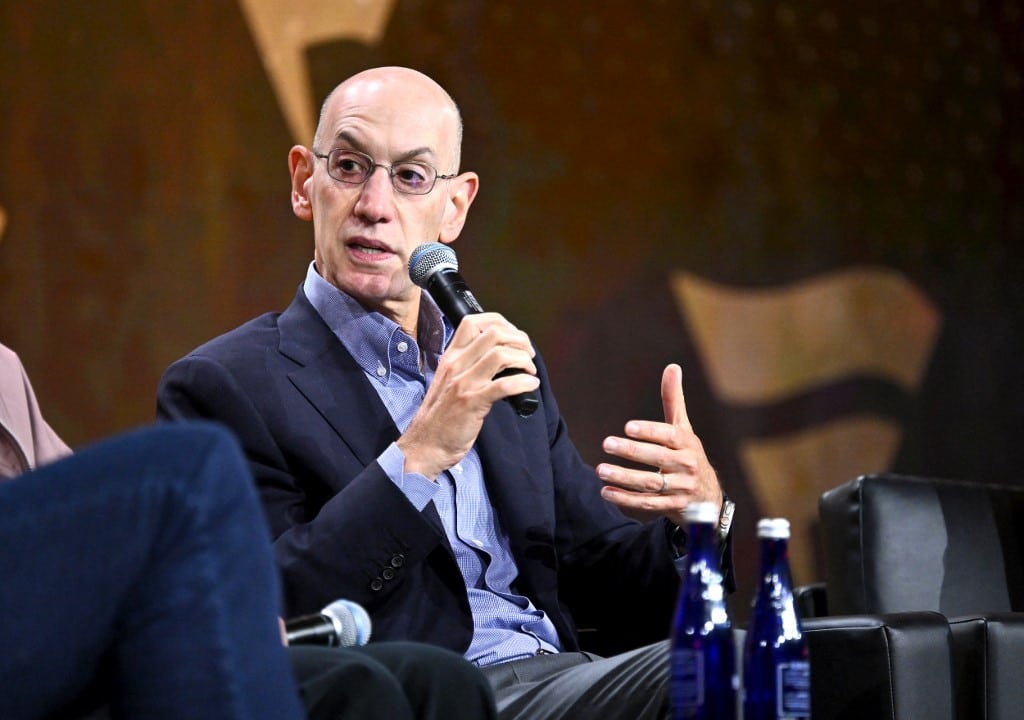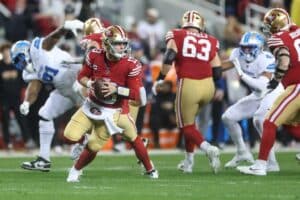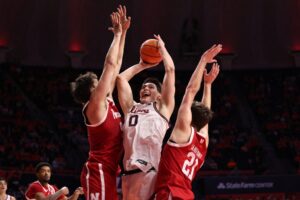
More chatter has recently been focused on the federal government intervening in the mobile sports betting industry, and NBA Commissioner Adam Silver believes it is an idea whose time has come.
Hoop Dreams Become Reality
NBA Commissioner Adam Silver has always been an out-of-the-box thinker, and the evidence is in an editorial he wrote in the New York Times in 2014, four years before PASPA was overturned, paving the way for states to decide for themselves whether to regulate and tax sports betting.
Silver wrote, “Betting on professional sports is currently illegal in most of the United States outside of Nevada. I believe we need a different approach.”
“Times have changed since PASPA was enacted. Gambling has increasingly become a popular and accepted form of entertainment in the United States. Most states offer lotteries. Over half of them have legal casinos. Three have approved some form of Internet gambling, with others poised to follow.
“Outside of the United States, sports betting and other forms of gambling are popular, widely legal, and subject to regulation. In England, for example, a sports bet can be placed on a smartphone, at a stadium kiosk, or even using a television remote control.
“In light of these domestic and global trends, the laws on sports betting should be changed. Congress should adopt a federal framework that allows states to authorize betting on professional sports, subject to strict regulatory requirements and technological safeguards,” Silver added.
While all the other commissioners, particularly the NFL’s Roger Goodell, were still railing against the evils of sports betting as though they were sermonizing from a pulpit, Silver could see that online sports betting was coming, noting it had already arrived in Europe.
Federal Regulation
It has been six years since mobile sports betting began launching around the country, and Silver has once again made his opinion known regarding the governance of sports betting, and it deviates from the current state regulatory agencies.
“I was in favor of a federal framework for sports betting. I still am,” Silver said. “I still think that the hodgepodge of state by state, it makes it more difficult for the league to administer it. I think it creates competition, understandably, among states to get – just think New York, New Jersey, or a situation like that where you’re both competing for the same customer so you can compete on tax rates and other things and a regulatory framework.”
Although Silver minimizes the direct revenue the league and its franchises derive from partnering with sports betting companies, he does understand the increased attention having some skin in the game brings to TV ratings.
“As I said sort of day one, it’s not a huge business for us in terms of a revenue stream into the league, but it makes a big difference in engagement,” Silver said. “It’s something that people clearly enjoy doing.






